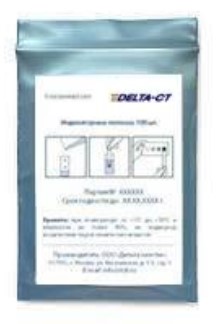Antibiotics in coffee: fact or myth?

Photo is illustrative in nature. From open sources.
There are many rumors that some coffee producers add antibiotics to their product. But how true is this? And what are the implications of this for health?
To begin with, it should be noted that in most countries of the world it is legally prohibited to add antibiotics to food products. This is because such practices can lead to the development of antibiotic resistance in bacteria, making it more difficult to treat infections in humans.
However, in some countries where laws do not regulate the production and sale of food products as tightly, antibiotics may be used in coffee production. This is usually done in order to prevent the development of diseases in coffee trees.
However, if coffee contains antibiotics, then their amount will be negligible and will not affect human health. In addition, roasting coffee beans destroys most of the antibiotics.
It is also worth noting that in some cases, antibiotics can get into coffee due to contamination of the water used in its preparation. In this case, the cause of pollution can be both industrial activity and agriculture.
Despite the fact that the amount of antibiotics in coffee is usually negligible, you should still pay attention to the quality of the product. It is better to choose coffee from trusted manufacturers and well-known brands. You can also refer to product certification, such as organic or Fairtrade.
In general, we can say that rumors about the presence of antibiotics in coffee are often a myth. However, you should still be attentive to the quality of the product and choose only proven brands.




























































